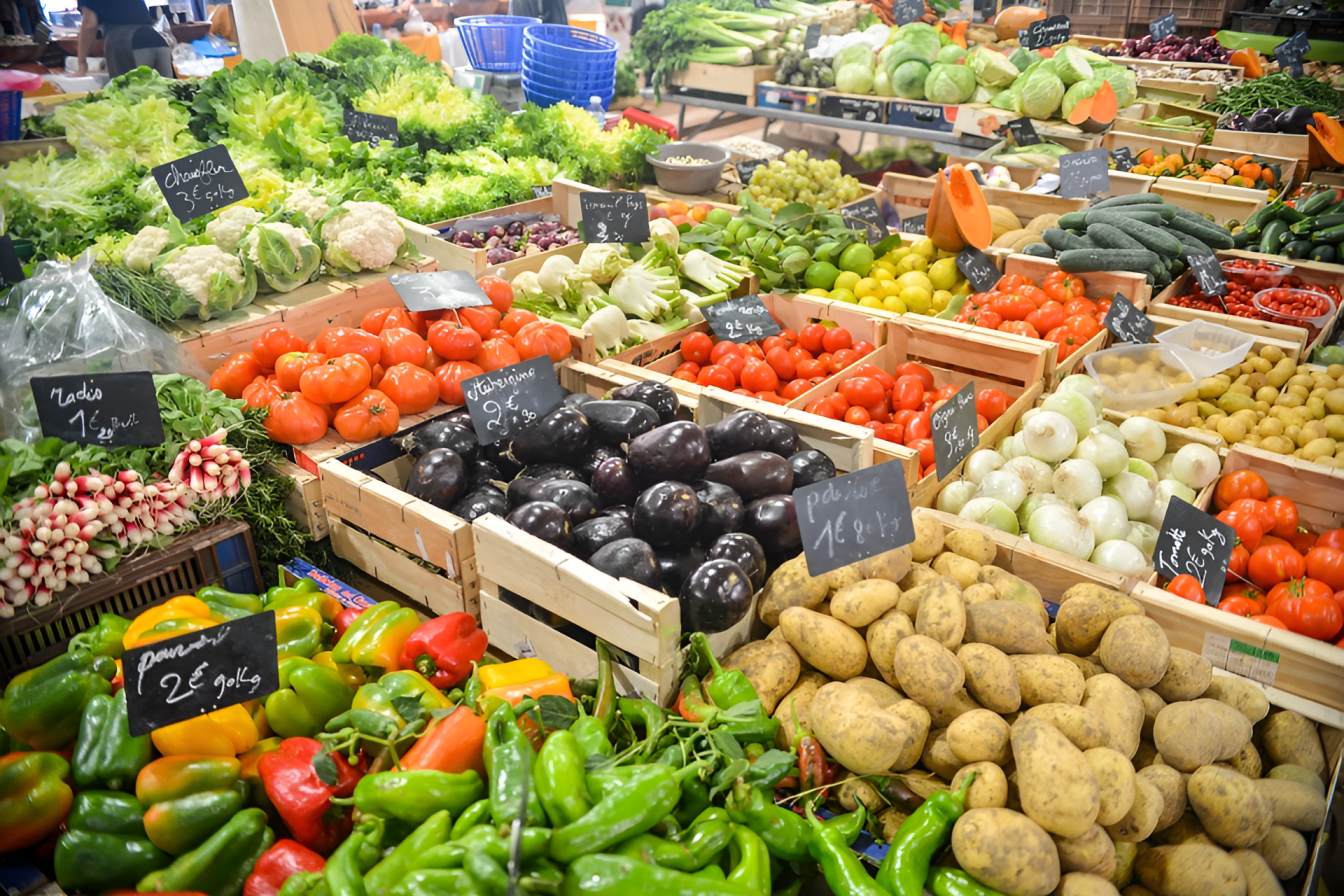Kenya’s Inflation hits 8-month high as food, transport costs rise

This marks the sixth consecutive month of inflationary growth, following a low of 2.7% in October.
Kenya’s inflation rate for April 2025 reached 4.1%, marking the highest level in eight months. This increase was driven primarily by rising food prices and higher costs in key sectors such as transport and housing.
The figures were revealed in the latest data from the Kenya National Bureau of Statistics (KNBS), which showed that inflation has been steadily climbing since November 2024.
This marks the sixth consecutive month of inflationary growth, following a low of 2.7% in October.
The rise in inflation was most noticeable in the food and non-alcoholic beverages sector, which saw a 7.1% increase in prices. Transport costs also grew by 2.3%, while housing-related expenses, including electricity and cooking gas, went up by 0.8%.
These three sectors combined contribute over half of the total weight in the Consumer Price Index (CPI), which is used to measure inflation.
The CPI tracks the cost of a fixed basket of goods and services, comparing current prices to those from a base period in February 2019.
A closer look at the data reveals significant price hikes in staple goods, particularly maize flour, which rose by 2.6%. A 2-kg packet of fortified maize flour now costs an average of Sh169.41, up from Sh165.05 in March.
Maize grain prices also went up, with a kilo retailing at Sh66.60 compared to Sh64.72 the previous month.
Potatoes and tomatoes saw price increases of 4% and 1.2%, respectively, while electricity and cooking gas prices also went up.
For households using 50 kWh of electricity, the cost rose to an average of Sh1,315, up from Sh1,268. Gas prices similarly increased, with a 13-kg refill now costing Sh3,156, a slight rise from Sh3,146.
While the overall inflation rate rose, there were a few exceptions. Some food prices, such as wheat, cooking oil, traditional vegetables like sukuma, and cabbage, saw declines.
Rent prices also showed a marginal increase, with the average cost of a two-bedroom house rising to Sh18,312 from Sh18,307.
Macdonald Obudho, the KNBS director general, attributed the rise in the housing, water, electricity, gas, and other fuels index to increases in the price of electricity and gas.
"The increase was mainly on account of rise in the prices of 50kWh electricity, 200kWh electricity, and gas/LPG by 3.8%, 3.4%, and 0.3% between March 2025 and April 2025," Obudho said in a statement.
Transport costs also saw a rise, primarily due to increased bus fares during the Easter holidays.
Despite a drop in fuel prices, with petrol and diesel falling by 1.1% and 1.3%, respectively, transport fares remained high.
The average price of petrol is now Sh174.63 per litre, while diesel costs Sh164.86.
As inflation continues to rise, Kenyan households are feeling the strain from higher food prices and rising costs across other essential services.
